In today’s fast-paced world, it’s easy to overlook certain habits that may be silently sabotaging your brain before you even hit 40. While many of these habits seem harmless, over time, they can accumulate and contribute to cognitive decline, memory issues, and even mental health challenges. Understanding these habits is crucial to making informed choices that support long-term brain health. From the foods we eat to how we manage stress and technology, every decision adds up. Here, we explore nine common habits that might be doing more harm than good, offering insights and strategies for healthier living.
1. Skipping Breakfast

They say breakfast is the most important meal of the day, and skipping it might be more detrimental than you think. Without the morning fuel, your brain may struggle to perform at its best, leading to sluggishness and reduced focus. A nutritious breakfast replenishes glucose levels, essential for optimal mental function.
Imagine trying to start a car without fuel—it just won’t go far. Consistently ignoring breakfast might also affect mood and increase stress levels. Therefore, integrating a balanced breakfast into your routine can set a positive tone for the rest of the day.
2. Excessive Multitasking
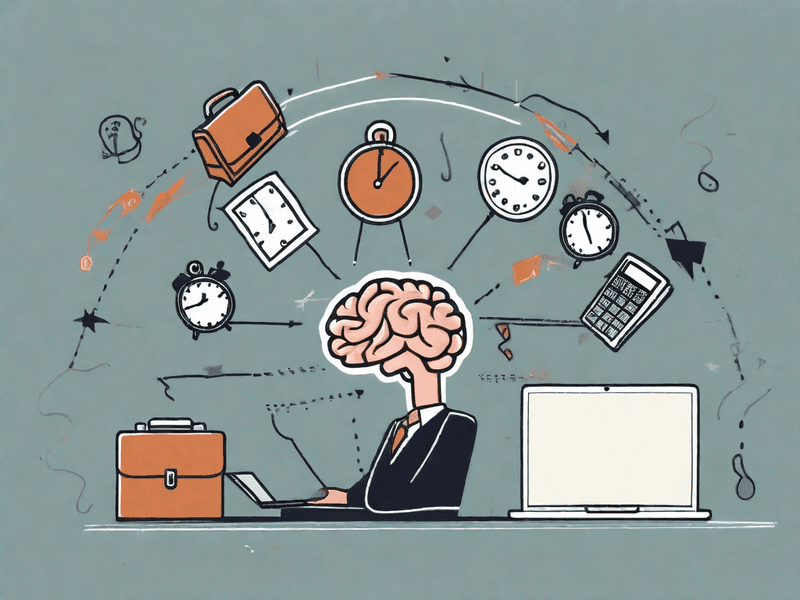
In a world glorifying multitasking, we often forget that our brains work best when focusing on one task at a time. Overloading your mental capacity with simultaneous tasks can hamper efficiency and focus. Multitasking tends to increase stress levels, as the brain constantly switches gears.
The myth of multitasking often leaves people feeling overwhelmed and less productive. Instead, prioritizing tasks and allowing yourself to focus can improve not just productivity, but mental clarity. By decluttering your brain, you offer it the chance to recharge and function at its full potential.
3. Listening to Loud Music

Cranking up the volume might feel exhilarating, but it comes with a price. Studies reveal that prolonged exposure to loud music can lead to hearing loss, which in turn affects brain health. The brain struggles to process sounds accurately, potentially leading to cognitive decline.
Imagine trying to understand a conversation in a noisy room—it’s frustrating and tiring. By reducing the volume and giving your ears regular breaks, you can protect not just your hearing, but your overall cognitive health. Listening at safe levels ensures your brain remains sharp and responsive.
4. Inadequate Sleep
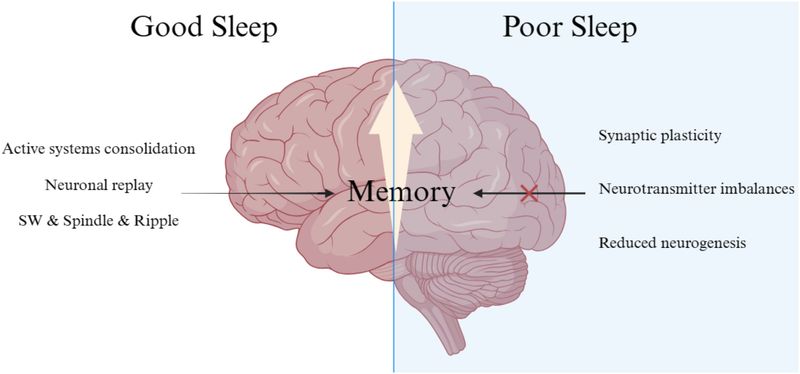
Sleep is the brain’s time to repair and consolidate memories. Yet, many adults sacrifice sleep, believing they can function on minimal rest. Chronic sleep deprivation disrupts these processes, impairing memory, decision-making, and emotional well-being.
Consider it like running a marathon without proper training—you might manage initially, but it becomes unsustainable. Long-term neglect of sleep can lead to more serious cognitive impairments and mood disorders. Prioritizing quality sleep is pivotal for maintaining mental sharpness and emotional health, ensuring our brains remain resilient and adaptable.
5. Overexposure to Blue Light

As technology becomes integral to our lives, overexposure to blue light from screens is a growing concern. Blue light interferes with sleep by disrupting natural circadian rhythms, thus affecting brain function. The more we scroll, the more we risk our mental health.
Think of it as jet lag without changing time zones—you’re out of sync, and it shows. Limiting screen time before bed can improve sleep quality and cognitive performance. Implementing blue light filters on devices is another effective strategy, helping maintain a balanced digital lifestyle.
6. Overeating Junk and Processed Food
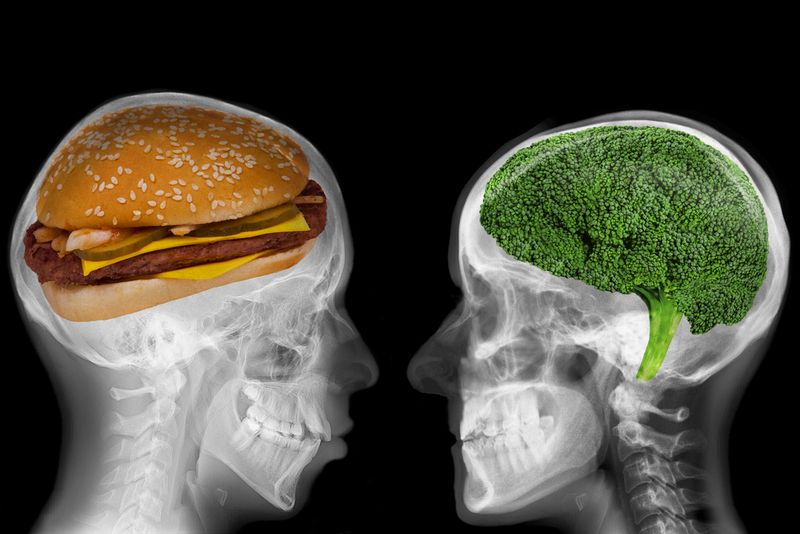
The allure of fast food is undeniable, but frequent indulgence can take a toll on brain health. Diets high in sugar and fats increase inflammation and oxidative stress, which can lead to cognitive decline and mood disorders.
Think of your brain as a finely tuned engine—it needs quality fuel to run smoothly. Opting for healthier choices can significantly benefit cognitive function and emotional balance. Incorporating a diet rich in nutrients, antioxidants, and healthy fats supports brain health, fostering longevity and vitality.
7. Lack of Physical Activity

Physical activity isn’t just for the body—it profoundly affects the brain too. Regular exercise increases blood flow and promotes neuroplasticity, enhancing memory and cognitive skills. Sedentary lifestyles, however, can lead to increased risks of depression and anxiety.
Like a plant needing sunlight, your brain thrives on physical movement. Even small, regular activities can amplify mental health and clarity. Engaging in daily exercise routines or simply moving more throughout the day can dramatically improve your overall brain function and emotional resilience.
8. Overindulgence in Smoking
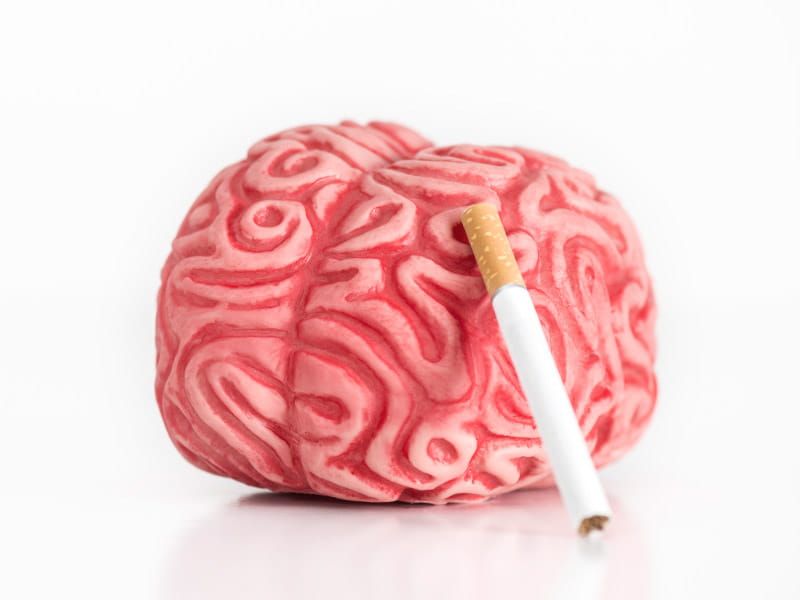
Smoking is a well-known health hazard, but its impact on the brain is particularly concerning. It damages blood vessels, restricting oxygen flow and impairing memory and cognitive function. The brain’s resilience dwindles as oxidative stress and inflammation take hold.
Picture your brain as a computer—without proper maintenance, it slows down. Quitting smoking not only benefits the lungs but revitalizes mental acuity and overall brain health. Understanding these effects underscores the urgency of avoiding tobacco to preserve cognitive vitality.
9. Excessive Alcohol Consumption
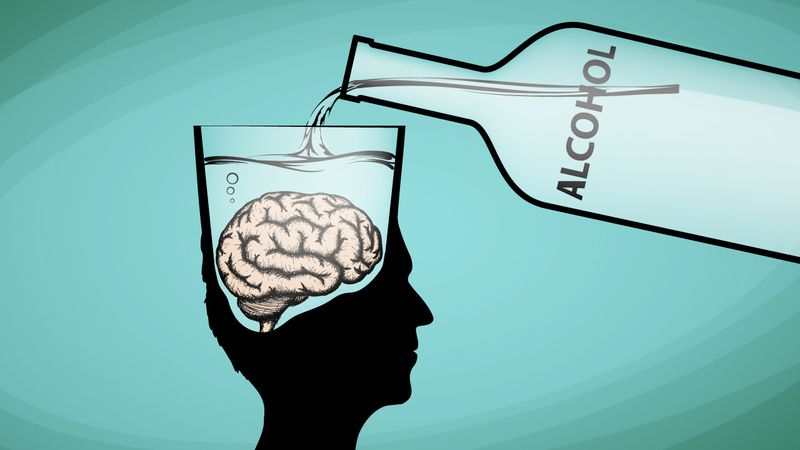
While moderate alcohol consumption might seem harmless, excessive drinking disrupts neurotransmitter activity. This impairs memory, decision-making, and can lead to long-term cognitive decline. The brain suffers shrinkage, and with it, the risk of mental health disorders rises.
Think of alcohol as a double-edged sword—it can offer temporary relaxation, but at a significant cost. Moderation is key; understanding limits ensures your brain remains healthy and adaptable. Reducing alcohol intake can lead to clearer thinking and emotional stability, safeguarding your cognitive future.

Well, hello there!
My name is Jennifer. Besides being an orthodontist, I am a mother to 3 playful boys. In this motherhood journey, I can say I will never know everything. That’s why I always strive to read a lot, and that’s why I started writing about all the smithereens I came across so that you can have everything in one place! Enjoy and stay positive; you’ve got this!

